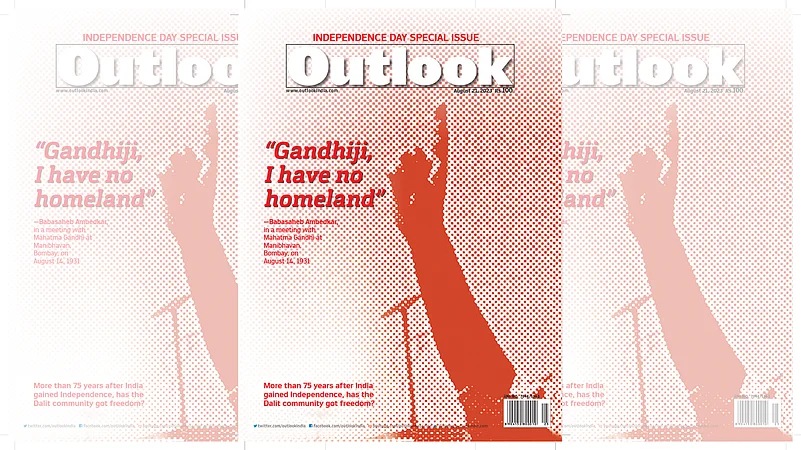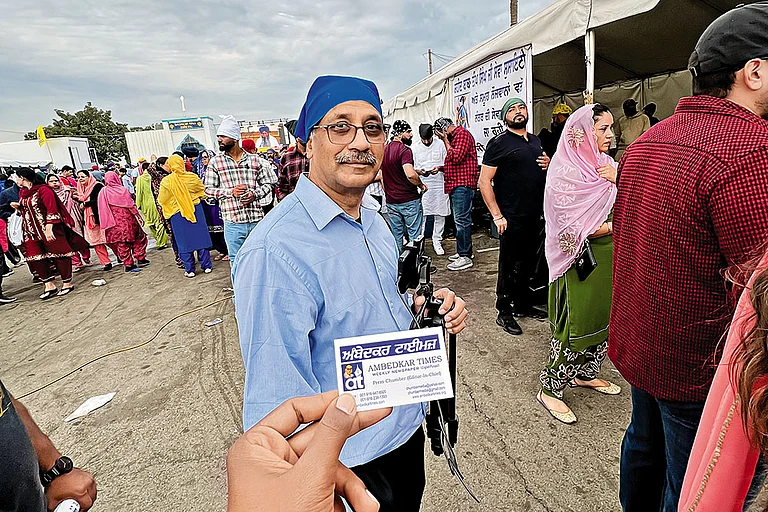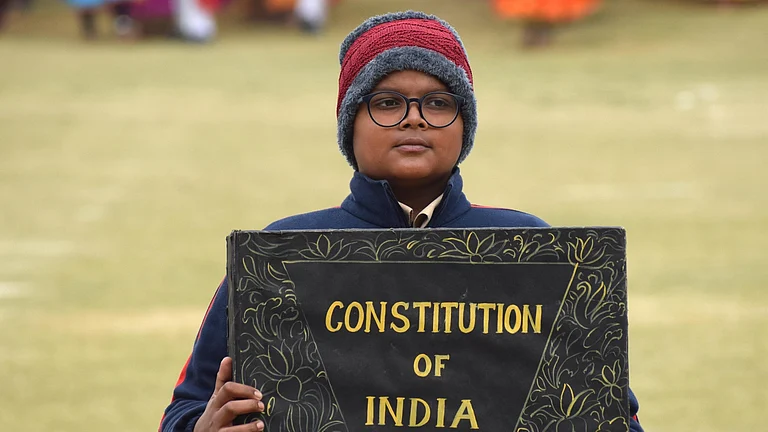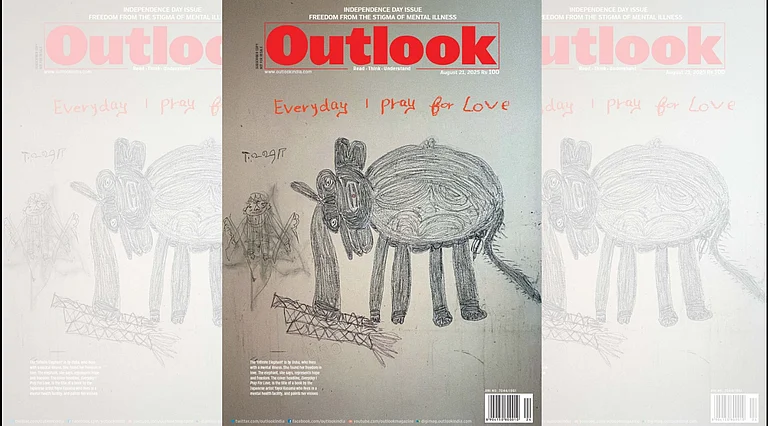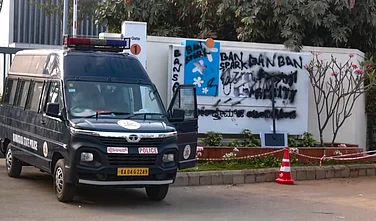
Ambedkar’s Constitution promised equality; caste still denies it.
Untouchability is illegal, but caste oppression endures.
India won freedom, but not for all. Caste still divides.
On August 15, 1947, India won independence from British rule. Freedom from colonial control was followed by the framing of a new Constitution, which came into force on January 26, 1950.
Drafted under the chairmanship of Dr. B.R. Ambedkar, a Dalit leader, jurist, and social reformer who had himself faced lifelong caste discrimination, the Constitution guaranteed liberty, equality, and fraternity to all citizens.
The Indian Constitution abolished untouchability through Article 17 and prohibited caste-based exclusion, aiming to dismantle structures that had oppressed Dalits and other marginalised communities for centuries.
Ambedkar warned in his final speech to the Constituent Assembly on November 25, 1949, “We are entering a life of contradictions. In politics we will have equality, and in social and economic life we will have inequality. How long shall we continue to live this life of contradictions?” He stressed that political democracy would not survive without social democracy, a condition still not met nearly 80 years on.
Across rural and urban India, caste remains a marker of privilege and deprivation. Dalit communities continue to face barriers to land ownership, access to education, and dignified employment. Cases of caste-based violence, including murders over inter-caste marriages or access to common resources, are recorded annually in National Crime Records Bureau data. The persistence of manual scavenging, banned under law, and the segregation of Dalit settlements in many states underline the gap between constitutional ideals and lived reality.
Independence Day celebrations often speak of unity and progress, but for millions, the freedom promised in 1947 and codified in 1950 is incomplete.
India may be sovereign, but it is not yet free from the deep-rooted social hierarchies that deny full equality. The struggle for true independence, one that dismantles caste oppression, remains ongoing.
Outlook’s August 2023 issue titled Gandhiji, I Have No Homeland is a call to action to the readers to act and to agitate. To stand together and demand answers and keep asking questions.
The issue included Baluta: A Cry From The Heart. The first Dalit autobiography to be published, Baluta created a stir when it appeared in Marathi in 1978. Set in Mumbai and rural Maharashtra of the 1940s and 50s, its author, the poet, Daya Pawar depicts the stark reality of caste violence and untouchability in this classic. It also celebrates the resilience, dignity and courage of the Dalit community and their fight for equality in an unequal society.
In How About A Museum Of Untouchability To Display Caste Oppression?, Y.S. Alone writes that the practice of untouchability and how heinous crimes that are committed in the name of caste such as brute killings, rapes, and public beatings are still in practice. He asks: How about a space that depicts all of this?
Snigdhendu Bhattacharya’s Ambedkar And Gandhi: Conflicting Ideas On Dalit Liberation recalls how Ambedkar saw no hope for Dalit liberation without “political separation from the Hindus.” Gandhi, while agreeing that the honour of Hinduism could not be saved “without eradicating untouchability root and branch,” considered the idea of Dalit political separation from Hinduism “suicidal” for the national movement.
In It’s Not Impossible To Smash The Caste System, Bhattacharya speaks to Anand Teltumbde, a scholar and civil rights activist known for his extensive work on B.R. Ambedkar’s life and work as well as the eradication of caste. Teltumbde was arrested in connection with the Elgar Parishad case in 2020 and released on bail in November 2022 after spending 31 months in jail. The 72-year-old spoke to Bhattacharya about the caste system and the possibility of dismantling it.
Independence gave India political freedom, but for many, life is still shaped by caste, exclusion, and discrimination. As Outlook’s August 2023 issue shows: the fight for dignity, equality, and real freedom is far from over, and it is a struggle that each of us must keep alive.







